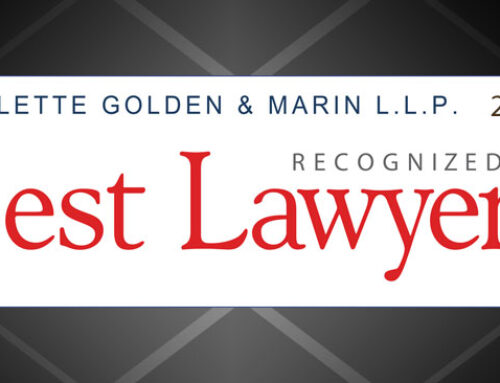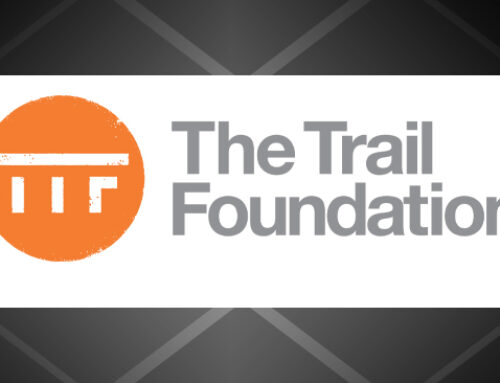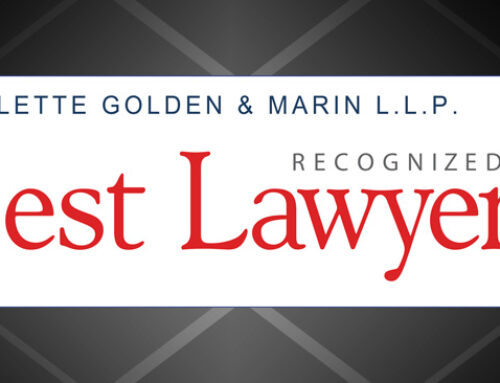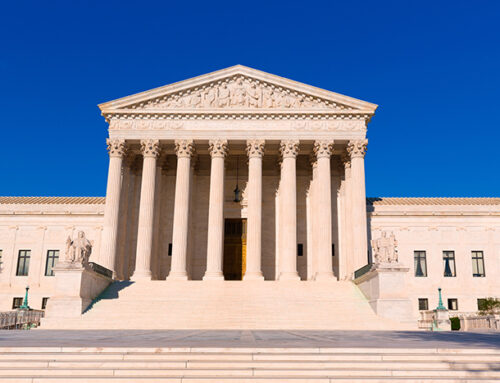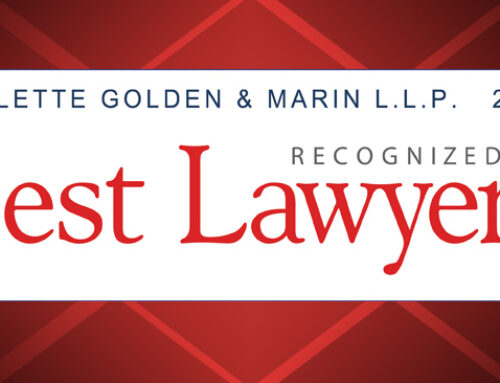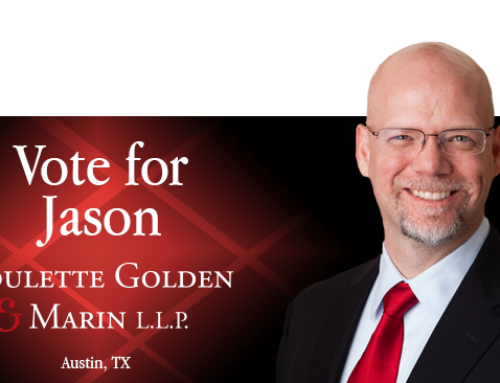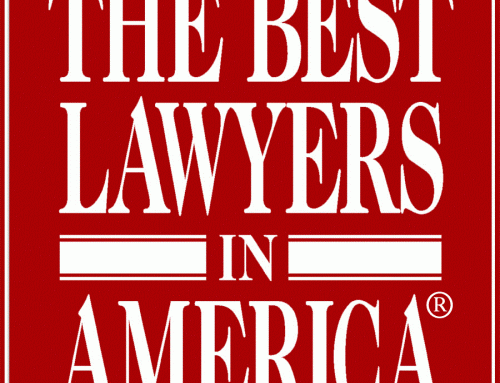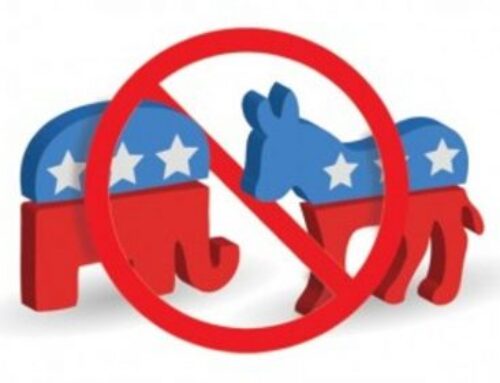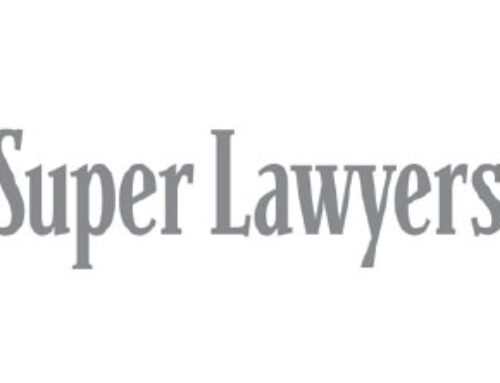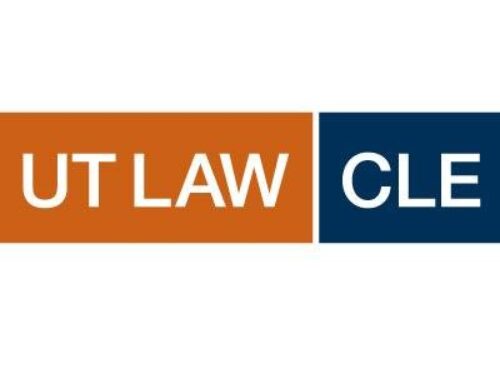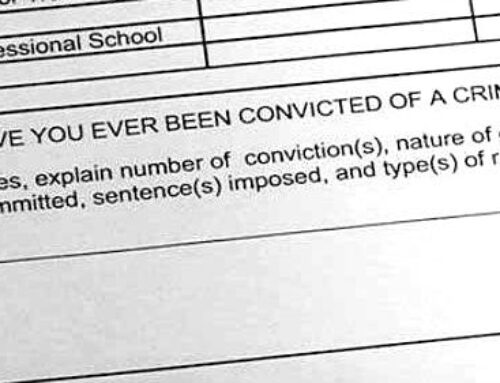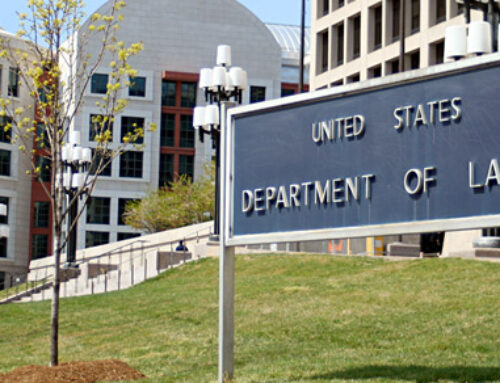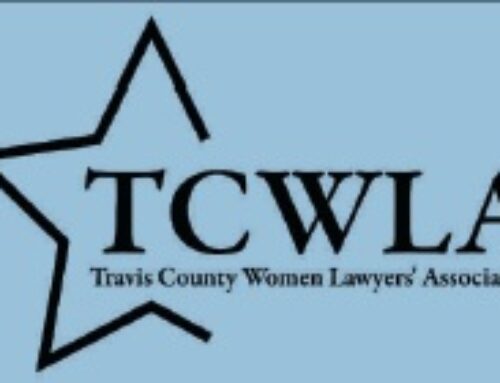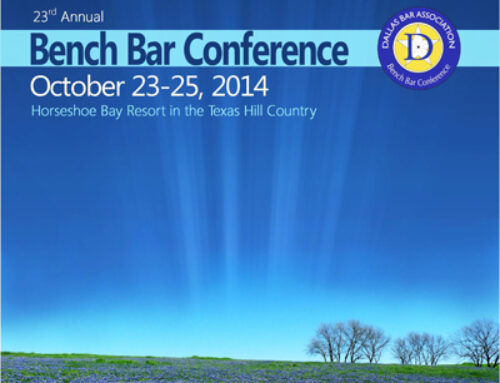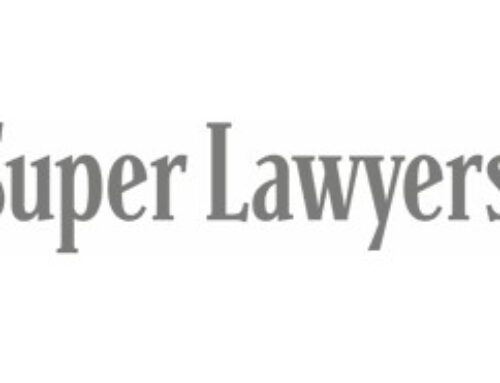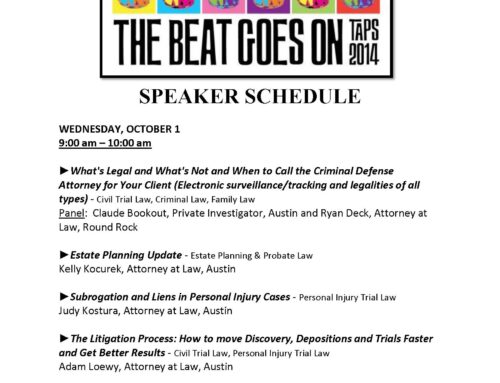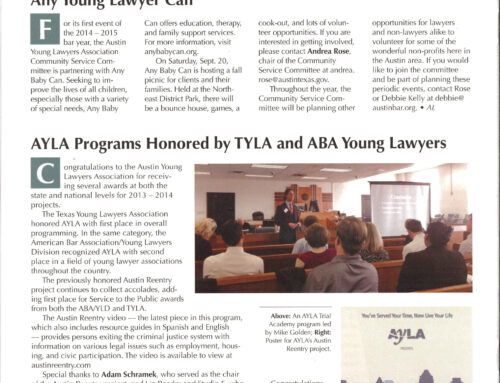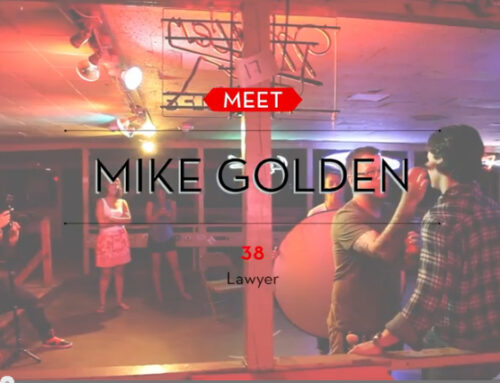by Steven Garrett, Associate
On May 11, 2016, President Obama signed into law the Defend Trade Secrets Act of 2016 (“DTSA”). This law, for the first time, creates a federal cause of action for trade secret misappropriation. Employers should be aware of how this law affects current employees and future employees who might have had access to trade secrets of prior employers and whether they wish to update their employee confidentiality agreements or employment handbooks. In many ways the federal law tracks the state Uniform Trade Secret Act recently enacted in Texas, but there are a few significant differences.
The DTSA contains a provision that permits a court, after an ex parte application in “extraordinary circumstances,” to issue an order to law enforcement to seize property to prevent the propagation or dissemination of a trade secret. The DTSA includes safeguards that attempt to prevent this extraordinary remedy from being misused, including an expedited hearing after the seizure, a requirement that the person seeking the seizure order provide security to the court for damages caused by wrongful or excessive seizure, and an action for damages resulting from wrongful or excessive seizure. Even when used legitimately, a seizure is likely to cause significant disruption to business operations. Significantly, the seized property is not able to be accessed by either the presumed owner of the property or the purported trade secret owner until a court hearing.
The DTSA expressly prevents the use of the inevitable disclosure doctrine used in some states that have enacted the Uniform Trade Secret Act. So an employer concerned about the mere fact that a former employee might use trade secrets because they are working for a competitor will not be able to use that argument under the DTSA.
The DTSA precludes liability for any person who discloses a trade secret to a federal state or local government official, or to an attorney, solely to report or investigate a suspected violation of a law. Under the new law, purported whistleblowers are granted immunity from liability for disclosing trade secrets when whistleblowing. Significantly, to be able to recover attorney’s fees or exemplary damages in a trade secret action against a former employee, the agreement governing the employee’s use of trade secrets or other confidential information must include notice of the immunity or a cross-reference to a policy document that explains the immunity. Employers who wish to maintain parity with departing employees in seeking attorney’s fees should consult with a qualified attorney to ensure their agreements take into account this new federal law.












